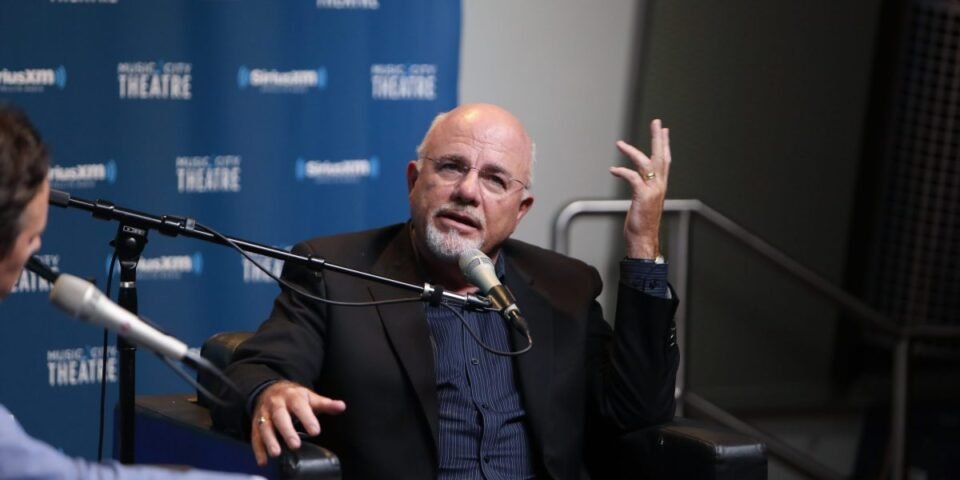Personal finance guru Dave Ramsey has got no time for staffers—particularly young people—who complain about their economic outlook but aren’t willing to put in the work to change it.
The New York Times bestselling author said a portion of Gen Z and millennials “suck” because they don’t want to take responsibility for their financial futures.
Speaking on Fox Business last week, the radio host with an audience of more than 20 million people said there’s “always” been a group of people who disagree with his money management strategies.
“They say: ‘You can’t do it, the system has to change’ and they’re a victim and they’re entitled,” said Ramsey.
This is true of a “segment” of Gen Z and millennials, the 63-year-old said, who “just suck.”
“They’re just awful,” Ramsey said. “They’re a participation trophy, they live in their mother’s basement and they can’t figure out why they can’t buy a house—because they don’t work.”
Keen to single out this group instead of tarring all Gen Z and millennials with the same brush, the University of Tennessee alumnus added: “It’s just this one segment of whiners on TikTok or something because they don’t want to face the fact that they’ve got to control the person in their mirror.”
Speaking to hosts Sean Duffy and Daren McDowell, Ramsey also made it clear he “loved” having younger members on his team and said many Gen Z and millennials made very smart money decisions.
“The truth is that the Gen Z generation and the millennials—who caught a bunch of crap—are excellent generations,” he said. “What we’re seeing with both of them is there is a segment of them that is very serious and is very good with their money.
“They believe in it. They believe in saving. They believe in investing, they believe in the free enterprise system.”
Ramsey, who has expanded his personal finance advice into a business offering personal development and career advice, added he has hundreds of young staff on his team.
“I’ve got 400, 500 millennials working on our team at Ramsey. They’re incredible, I love them. Gen Z all over the building, I love them, they’re fabulous,” he added.
Young Americans are feeling fine
While Ramsey may see a difference in approach between younger consumers, it’s true that the majority has faced a slew of economic issues they’ve been forced to navigate.
Gen Z entered into a working world thrown into post-pandemic chaos, with businesses trying to recoup costs and establish how to operate moving forwards. This upheaval is something millennials will be familiar with—many of them were early in their careers when the financial crisis of 2008 hit.
It’s not only Gen Z and millennial career prospects which have been thrown into question, but young people’s lifestyles as well. At the turn of the millennium, the median house sold in the U.S. went for $165,300, per the St Louis Fed.
By the end of 2023 that median had increased more than 150% to over $417,000—excluding a peak at the end of 2022 when it sat at near $480,000.
The National Association of Realtors has highlighted income hasn’t kept pace—for more than half of 2023, the median family income didn’t meet the qualifying income to be able to purchase an existing home with a 20% deposit.
For those who may want to move out of their mother’s basement, rent has also more than doubled in the past 20 years while the median household income has increased just 10%, per the St Louis Fed.
However, the upheaval millennials and Gen Z have faced may soon be behind them. The former is expected to become the “richest generation in history”, courtesy of a $90 trillion great wealth transfer in the coming decades, while younger consumers generally say they’re feeling more optimistic about their financial futures.
A December study from Bankrate of nearly 2,400 U.S. adults found 58% of Gen Zers and 49% of millennials saying they expect their finances to improve in 2024, compared with 33% of Gen Xers and 20% of boomers.

